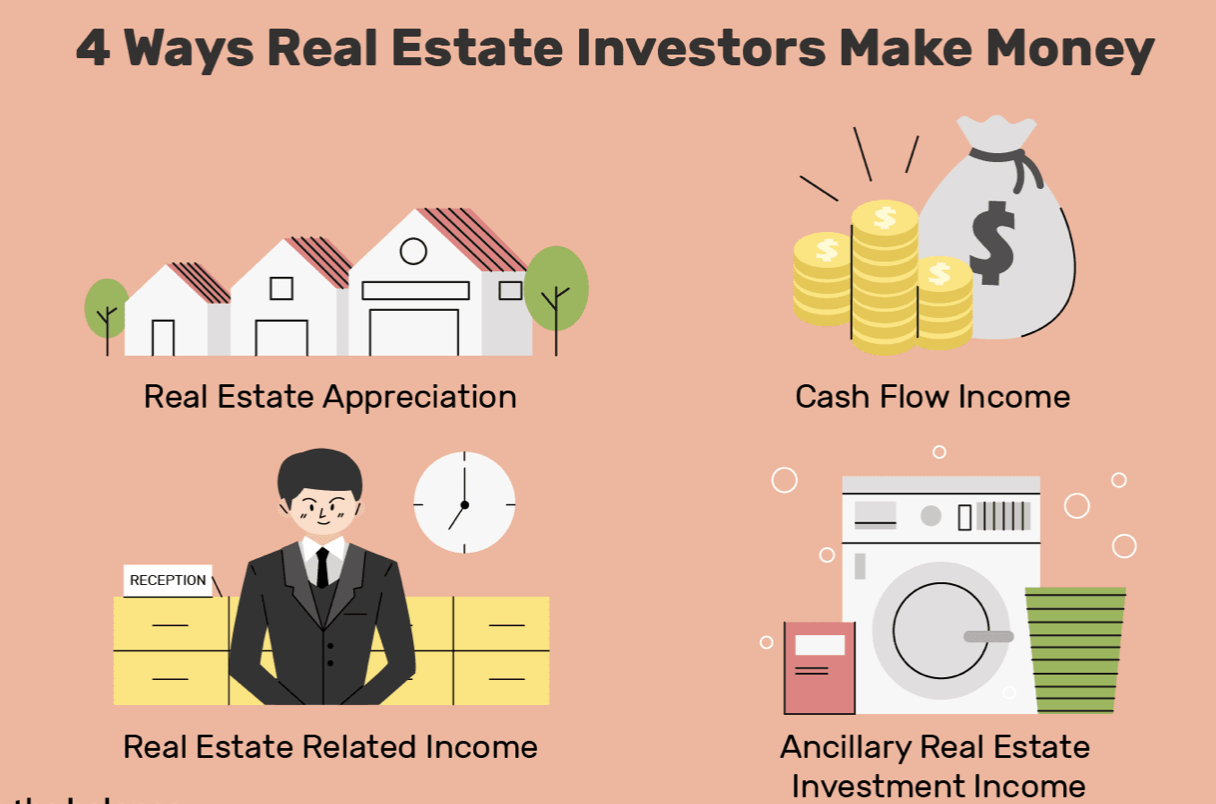Investing in property has been a reliable way of building wealth and financial security for generations. In order to make this possible, there are various techniques you can choose from.
Start by doing thorough research
Investing in real estate can be a great way to expand your financial portfolio and make a nice return on your initial investment. However, it’s important to do thorough research before taking the plunge. By learning more about different types of investments in your region, you will better understand what type is most likely to yield a successful outcome.
It’s also important to factor in economic trends and individual neighborhoods when making decisions about where to invest. Doing research can help you get an idea of which property or properties are worth investing in, as well as advantages that could come with an area such as close proximity to essential amenities or public transportation.
Research can also fill you in on some potential red flags like future development plans that may cause property values to drop suddenly. With well-informed decisions, real estate investments can potentially be very rewarding in the future.
Get yourself a real estate agent who knows their stuff
Making the decision to invest in property is a major financial choice, and you need someone on your side who is knowledgeable, trustworthy, and has your best interests at heart. A real estate agent who knows their stuff can be a powerful ally when it comes to understanding the local real estate market and trends, researching property values within your budget, and finding properties with great potential to help you maximize returns. Working with a professional real estate agent can ensure that your investment will be successful and profitable for years to come.
Decide whether buying land or an existing dwelling is more beneficial
Deciding between buying land and an existing dwelling will typically come down to personal preference, time frames, lifestyle choices, risk appetite, and budget. When looking at land there are major advantages such as the potential for growth over time, but there may be more short-term maintenance required than an established dwelling.
Alternatively, an existing dwelling can provide immediate returns with lower costs associated but present less opportunity to add value. Ultimately, careful research must be conducted to determine which investment strategy is best based on an individual’s needs and goals.
Crunch the numbers to assess the potential return
Investing in property is a great opportunity to generate income and build your wealth, but it is important to crunch the numbers first to assess the potential return on any particular investment. Those looking to create passive income should have an understanding of the operating costs associated with running a rental property such as insurance, maintenance and repairs, local taxes, and estimated vacancy rates.
Taking all of these factors into account can help you make an informed decision as to whether or not investing in a property will be worth your while. Before committing long-term funds into any real estate venture, doing your due diligence is essential.
Look into borrowing guidelines
Investing in property can be a great long-term asset, but many are put off by the upfront costs. To help offset this cost and make investing in multifamily properties more accessible, the Federal Housing Administration (FHA) offers multifamily FHA loans. With multifamily FHA loans, investments can keep their cash for things like repairs or renovations, and start earning rental income faster than ever before. It’s important to look into borrowing guidelines from both the FHA and other loan sources that may offer favorable terms for multifamily investments, as each opportunity is unique and may carry different advantages. Taking the proper steps to research each multifamily FHA loan option will ensure you get an investment package tailored to fit your budget and investment needs.
Make sure you create an emergency fund
For those who are thinking of investing in real estate over the long term, an emergency fund should be established as soon as possible to cover any costs that arise along the way. Unforeseen maintenance and repair expenses, surprise taxes or fees, or other costs that may come up can put a strain on your resources if you don’t have a reserve fund set up.
Investors should seek out help from trusted advisors in estimating their expected costs and ensuring they have enough liquidity to handle the unexpected. Being proactive with your emergency fund is essential when investing in property over a longer time period.
Taking these steps will not only prepare you financially but also make sure your investments will pay off in the long run!

